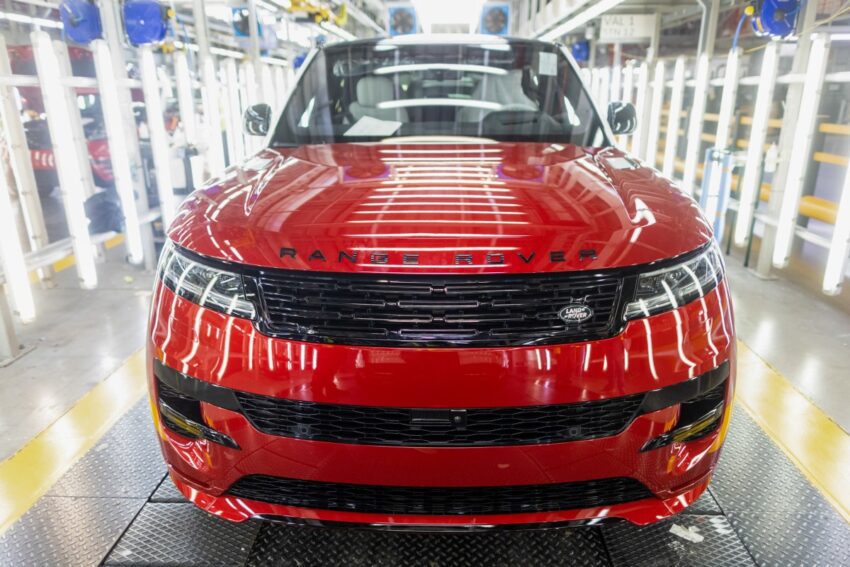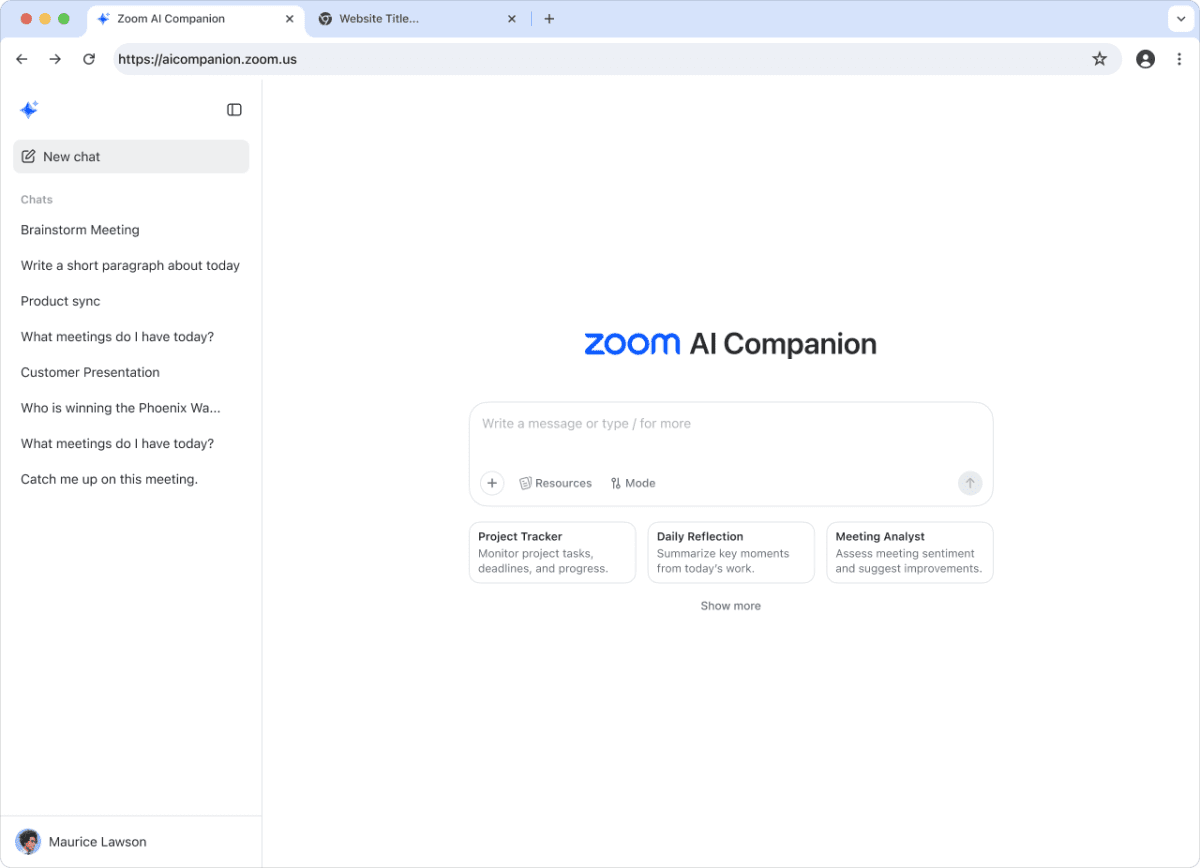
jaguar land rover to pause production for Jaguar Land Rover, the British luxury vehicle manufacturer owned by Tata Motors, has announced it will pause production for a third consecutive week due to a significant cyberattack that has disrupted its operations.
jaguar land rover to pause production for
Impact of the Cyberattack
The cyberattack, which first came to light earlier this month, has had severe repercussions for Jaguar Land Rover (JLR). The company is estimated to be losing millions of pounds each week as a result of the production halt. This situation not only affects the company’s financial standing but also raises concerns about the security of automotive manufacturing in an increasingly digital world.
Financial Ramifications
As the production lines remain idle, the financial implications for JLR are becoming increasingly dire. Analysts suggest that the company could be facing losses in the range of £20 million to £30 million per week. This figure is particularly alarming given the competitive nature of the automotive industry, where profit margins are often razor-thin. The prolonged shutdown could jeopardize JLR’s market position, especially as it competes with other luxury automakers who may not be facing similar disruptions.
Furthermore, the financial strain is compounded by the ongoing global semiconductor shortage, which has already affected production schedules across the automotive sector. JLR’s inability to produce vehicles during this cyberattack adds another layer of complexity to its supply chain challenges.
Operational Challenges
The cyberattack has not only halted production but has also impacted various operational aspects of the company. Reports indicate that the attack compromised internal systems, including those related to inventory management and logistics. This disruption could lead to delays in fulfilling existing orders, further alienating customers and dealers alike.
In addition, the company has had to allocate resources to address the cyber threat, diverting attention from other critical operational areas. This reallocation of resources could hinder JLR’s ability to innovate and develop new models, which is essential for maintaining its competitive edge.
Response from Jaguar Land Rover
In response to the cyberattack, JLR has been working closely with cybersecurity experts to assess the damage and restore its systems. The company has not disclosed specific details about the nature of the attack or the vulnerabilities that were exploited, citing security concerns. However, it has assured stakeholders that it is taking all necessary measures to secure its operations and prevent future incidents.
Communication with Stakeholders
Effective communication with stakeholders has been a priority for JLR during this crisis. The company has issued statements to reassure investors, employees, and customers that it is actively working to resolve the situation. JLR’s management has emphasized its commitment to transparency, although the lack of detailed information about the attack has led to speculation and concern among stakeholders.
Investors, in particular, are closely monitoring the situation, as the prolonged shutdown could affect the company’s stock performance. Analysts have expressed concerns that if the production halt continues, it could lead to a loss of consumer confidence in the brand, which has been working to rebuild its reputation in recent years.
Employee Impact
The impact of the cyberattack extends beyond financial losses and operational challenges; it also affects the workforce. With production halted, many employees have been left in limbo. While some workers may be reassigned to other tasks, the uncertainty surrounding the situation has created anxiety among the workforce.
JLR has stated that it is committed to supporting its employees during this challenging time. However, the potential for layoffs or reduced hours looms large if the situation does not improve soon. This uncertainty could lead to a decline in employee morale, further complicating the company’s recovery efforts.
Broader Implications for the Automotive Industry
The cyberattack on JLR is not an isolated incident but rather part of a growing trend of cyber threats targeting the automotive sector. As vehicles become increasingly connected and reliant on digital technology, the risk of cyberattacks is expected to rise. This incident serves as a wake-up call for the entire industry, highlighting the need for robust cybersecurity measures.
Lessons Learned
Automakers must learn from JLR’s experience and invest in cybersecurity infrastructure to protect their operations. This includes not only securing internal systems but also ensuring that supply chain partners adhere to stringent cybersecurity protocols. The interconnected nature of modern automotive manufacturing means that a vulnerability in one area can have cascading effects throughout the entire supply chain.
Moreover, as vehicles become more autonomous and connected, the potential for cyber threats increases. Manufacturers must prioritize cybersecurity in their research and development processes, ensuring that new models are designed with security in mind from the outset.
Industry-Wide Collaboration
The automotive industry may need to adopt a more collaborative approach to cybersecurity. Sharing information about threats and vulnerabilities can help companies better prepare for and respond to cyberattacks. Industry associations and regulatory bodies could play a crucial role in facilitating this collaboration, creating a more secure environment for all stakeholders involved.
Looking Ahead
As Jaguar Land Rover works to recover from this cyberattack, the road ahead will be challenging. The company must not only restore its production capabilities but also address the underlying vulnerabilities that allowed the attack to occur. This will require a comprehensive review of its cybersecurity protocols and a commitment to investing in new technologies and training for employees.
In the short term, JLR faces the immediate challenge of resuming production and minimizing financial losses. However, the long-term implications of this incident could reshape the company’s approach to cybersecurity and operational resilience. By taking proactive measures, JLR can emerge from this crisis stronger and more secure.
In conclusion, the ongoing cyberattack at Jaguar Land Rover serves as a stark reminder of the vulnerabilities that exist in today’s digital landscape. As the automotive industry continues to evolve, the importance of cybersecurity will only grow. JLR’s experience can serve as a valuable lesson for other manufacturers, emphasizing the need for vigilance and preparedness in the face of emerging threats.
Was this helpful?
Last Modified: September 17, 2025 at 10:46 pm
0 views















